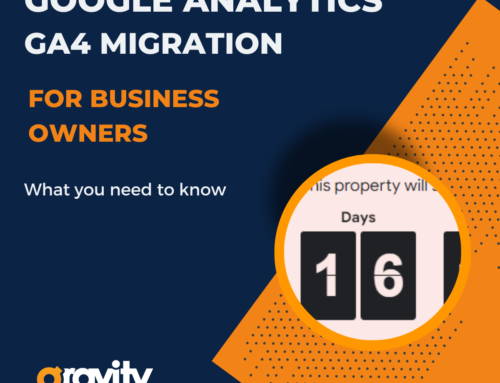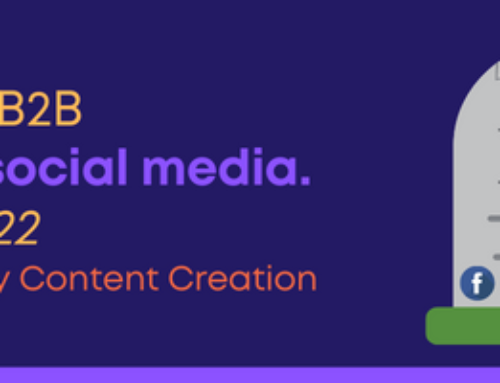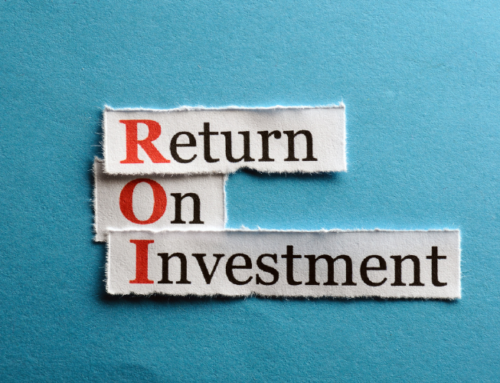
Facebook and Google have been the go-to advertising platforms for many B2B and B2C companies for years – and for good reason. Facebook has 2.80 billion monthly active users averaging 19.5 hours on the app per month, including more than 200 million small businesses using its tools. Facebook is also known for logging user activity – including events and behavior – which feeds its ability to offer laser-focused audience profiles to its advertisers. Google holds 91.45 percent of the worldwide search engine market share. With nine out of 10 internet users searching for information online through Google, Google Ads are an ideal investment to catch the attention of target customers who are ready to buy products or services like yours.
Two major developments will impact advertising ROI for many companies in 2021 when it comes to Facebook and Google.
First, the release of Apple’s iOS 14 prohibits certain data collection and sharing unless people opt-in to tracking via a prompt. Advertisers will need to prepare for limitations in ad creation and delivery for any users who use iOS 14. This article by WordStream outlines the scenarios for all advertisers. For most B2B advertisers, this means you can no longer rely on Facebook pixel to track which ads led to conversions, or remarket to users who engaged with your ad.
Second, Google announced last year that Chrome will remove support for third-party cookies in an effort to protect user privacy while still delivering results for advertisers and publishers. In addition, Google will not track individuals as they browse across the web. They did introduce an alternative to individual tracking called Federated Learning of Cohorts (FLoC) which clusters users into groups with similar interests while keeping a person’s web history private.
The Gravity Marketing team is already seeing some of the effects of these changes with our own advertising and our clients. Our answer to this will be to diversify. Here are some tactics we plan to test out this year:
- Advertise on Facebook to Your Contacts – When creating a Custom Audience in Facebook Ads Manager, you have the option define an audience based on your website visitors or to upload contact files. You can also target the Facebook users who follow or interact with your company profile page, events page or filled out a Facebook lead form.
- Exclude iOS Devices from Facebook Advertising – Select “Android Devices Only” once you have created an ad. You will need to select Edit Placements, and find the Specific Mobile Devices & Operating Systems option. Doing this will decrease the amount of people who can see your ads, but will help you measure advertising effectiveness without the iOS opt-in variable.
- Give LinkedIn Audience Targeting a Try – LinkedIn has improved its audience targeting capabilities with the addition of targeting by personal and professional interests. LinkedIn also offers the option to upload contacts to advertise to, and can advertise to your website visitors if you use their LinkedIn Insight tag.
- Tap Influencers – Depending on your industry, the people who influence your target audience most could be though leaders, associations, trade media, mainstream media, or social media personalities. Within each of these segments are multiple paid and free opportunities to promote your company and drive traffic to your website.
- Grow Your Email Database – Last but not least is to find ways to increase your own email database and ramp up your direct communication to the people who already know you. To start, take a look at your current database – is every customer accounted for? How about partners, industry associations, leads and prospects? Once you are satisfied with who is in your database, consider segmenting the list so you can customize your message. This will increase your chances of getting a click, a reply, or a sale each time you send an email.
A Moving Target
Advertising and marketing are about hypothesizing, execution, analysis, and improvement. The changes in Facebook and Google advertising effectiveness may sound drastic, and may have already impacted your expected ROI. But they are just two timely reminders that advertising is a moving target – and so are the places our ideal audiences like to spend time online.
The most valuable channel you will ever have is the one you own and have vetted yourself – your contact database. If you are interested in learning more about the importance of cultivating your contact database, join us for Gravity Marketing’s April 13 webinar: Own Your Contacts.








